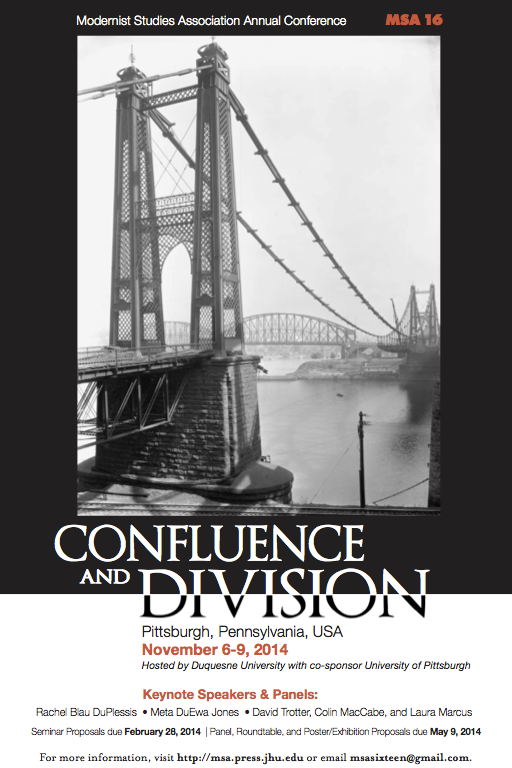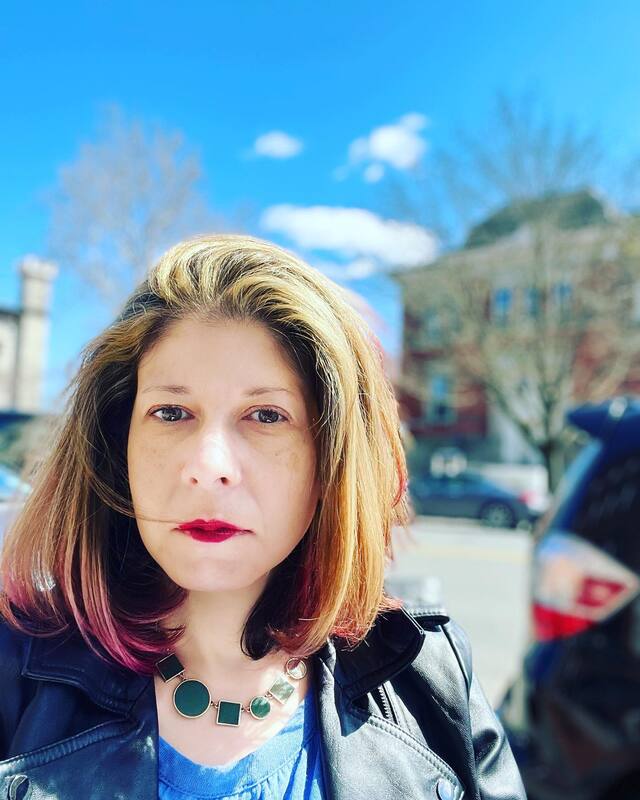|
Please join us for a roundtable addressing the Digital Humanities and the Harlem Renaissance organized by Suzanne Churchill for the Modernist Studies Association Conference this November in Pittsburgh. The participants include Bryan Carter, Lucy Mensah, David Chinitz, Jon-Christian Suggs, Miriam Thaggert, and myself. I will be discussing the digital resources that the students designed in my "African American Literature: From the Harlem Renaissance to the Digital Present" course at Georgia Tech.
My presentation will introduce tools and applications that we used to explore texts in class and the ways that students' projects engaged them. Some students, for instance, used mapping technologies to reassess the period. A paradox of using mapping technologies is that despite the ease of quickly being able to locate places, we can only see limited views. During the twenties, the aura and allure of Harlem was also imprecise. As students and scholars, we seek in images and phrases to understand the imprecision of ideas. At times, the students' maps provided a means of organizing information and a visual landscape. When we later read Pearl Cleage's novel of the Obama Campaign set in Atlanta, Till You Hear From Me (2010), the female protagonist refers to Abernathy Avenue of Atlanta's West End as a version of Harlem's 125th Street. Without having mapped Harlem, the students might have understood this allusion, but having done so, they were better able to understand the significance of history at street level and the ability of locations to shape our cultural imagination.
0 Comments
Your comment will be posted after it is approved.
Leave a Reply. |

